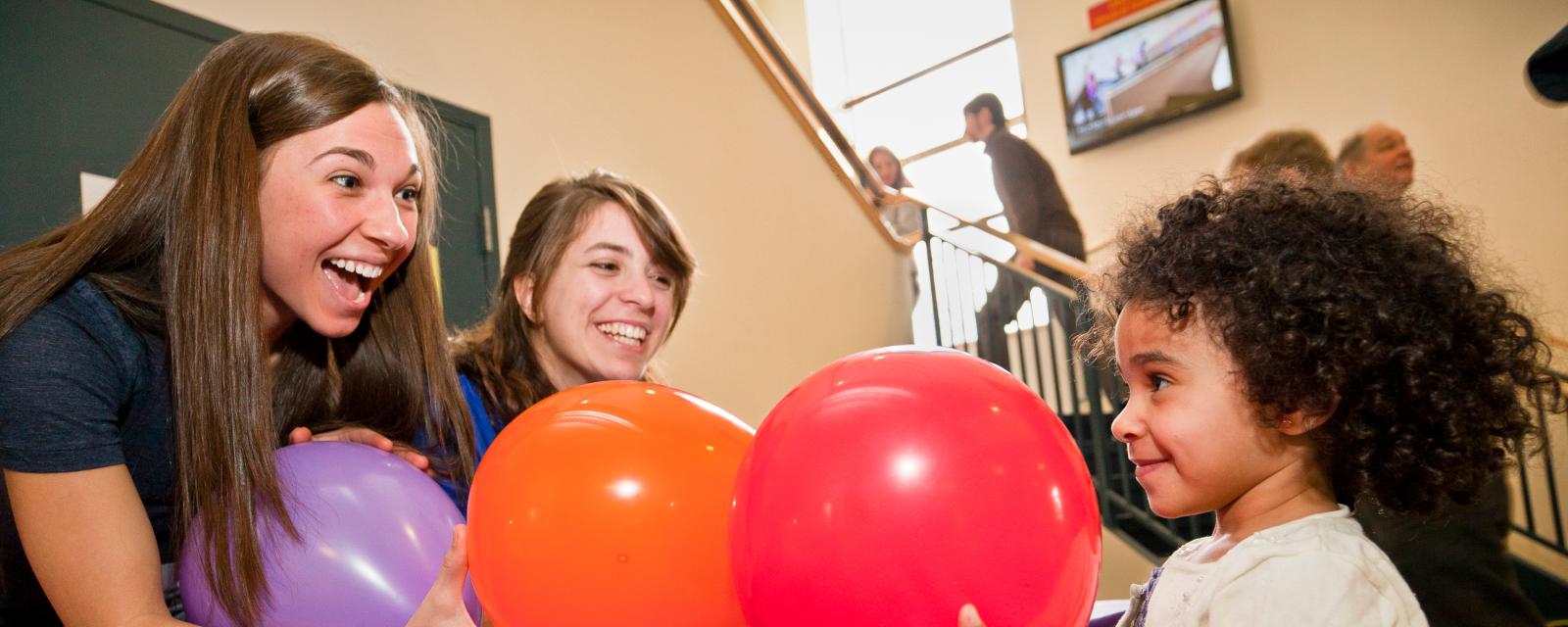
Inclusive Audiences
NISE Network is committed to promoting inclusive, equitable, and accessible opportunities for diverse learners to engage in STEM.
As the NISE Network continues to move forward in our efforts to inspire and support a lifetime of STEM engagement, we seek to ensure that our work embodies the principles of Diversity, Equity, Accessibility, and Inclusion (DEAI).
By gathering, studying, and sharing evidence about what works best, the Network is continually improving in its efforts to involve all people in learning about and contributing to STEM.
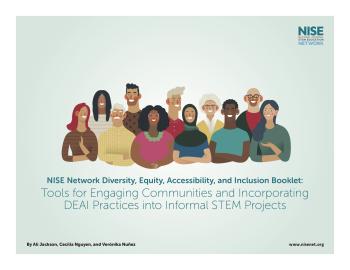
NISE Network
Diversity, Equity, Accessibility, and Inclusion (DEAI) Booklet:
Tools for Engaging Communities and Incorporating DEAI Practices into Informal STEM Projects
The tools, practices, and project examples are designed to support NISE Network partner efforts in making their experiences more relevant and inclusive in order to promote a more equitable STEM future in our local communities.
NISE Network and our partners strive to include a diverse audience with regard to geography, dis/ability, gender, race/ethnicity, language and income. Some examples of this work include:
- Practices: using evidence-based practices that support meaningful participation and learning by diverse communities
- Partnerships: collaborating across networks and organizations to ensure broad geographic and demographic participation
- Cognitive and physical accessibility: using Universal Design principles and accessible practices for educational materials and learning experiences
- Cultural relevance and language: using culturally inclusive and sensitive practices and offering materials in languages other than English (NISE Network projects offer many of our materials in Spanish)

DENISE LEBLANC
formerly of The Discovery Museum
Selected Resources for Diversity, Equity, Accessibility, and Inclusion (DEAI)
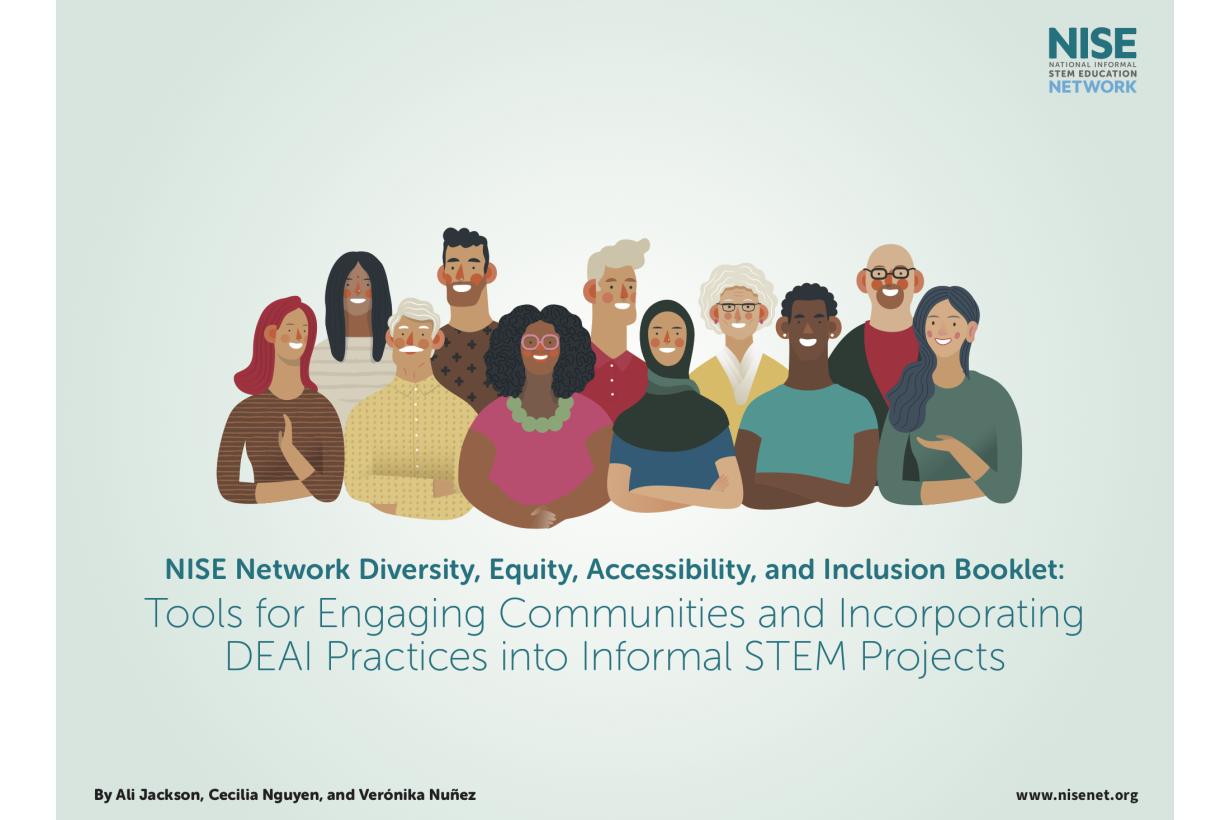
Diversity, Equity, Accessibility, and Inclusion (DEAI) Booklet
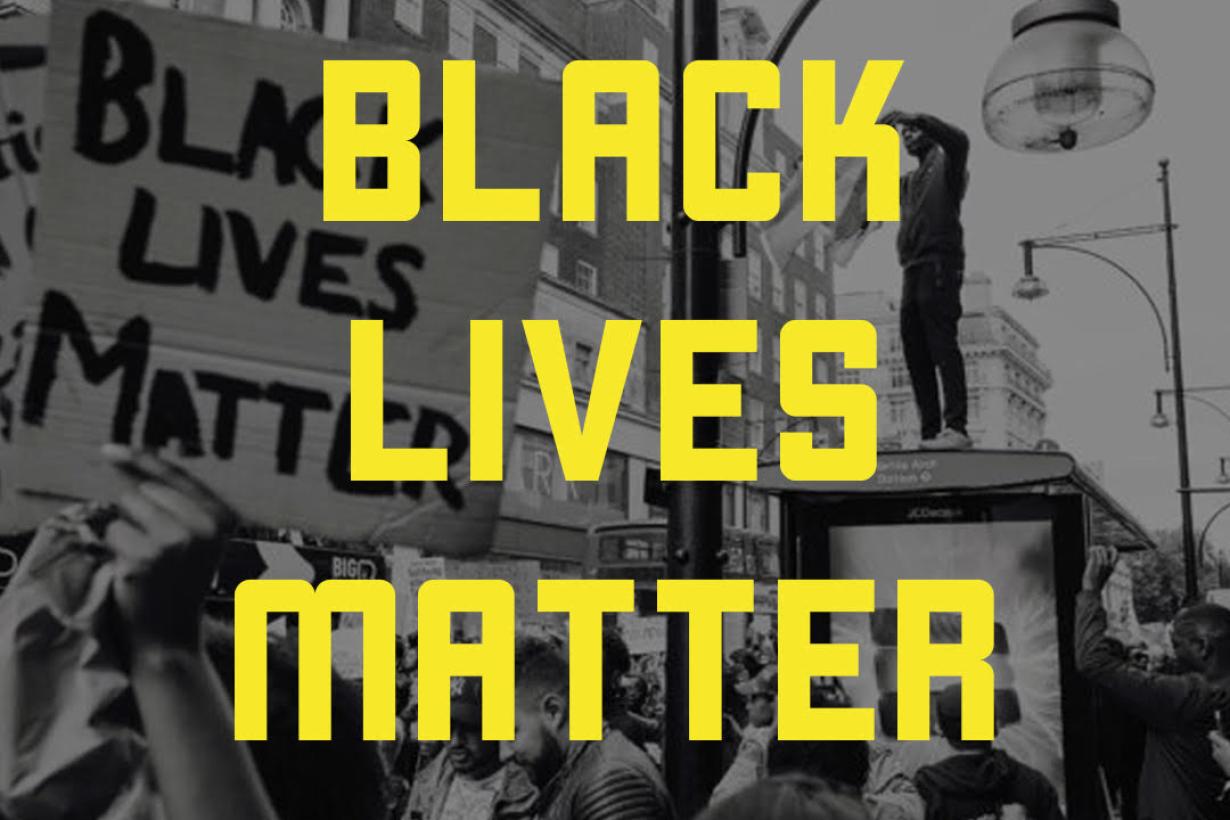
Racial Justice
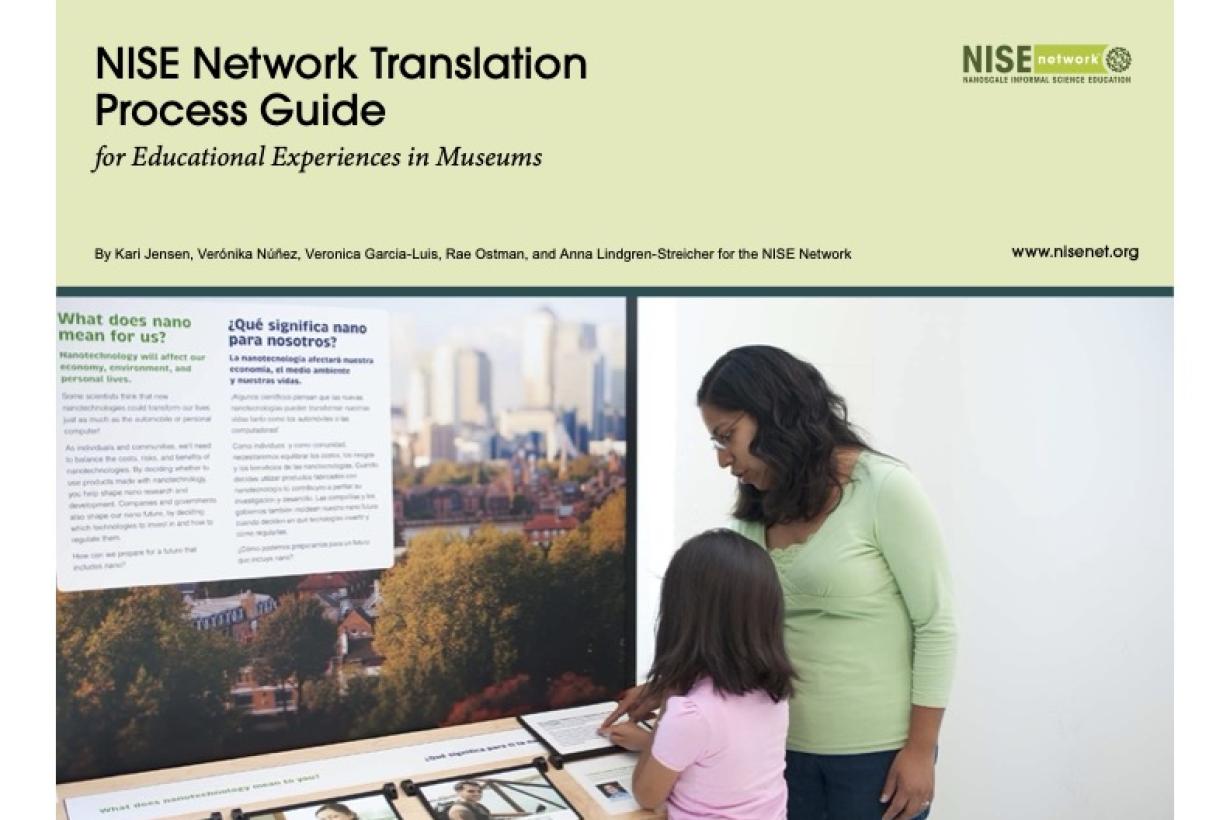
Translation Process Guide
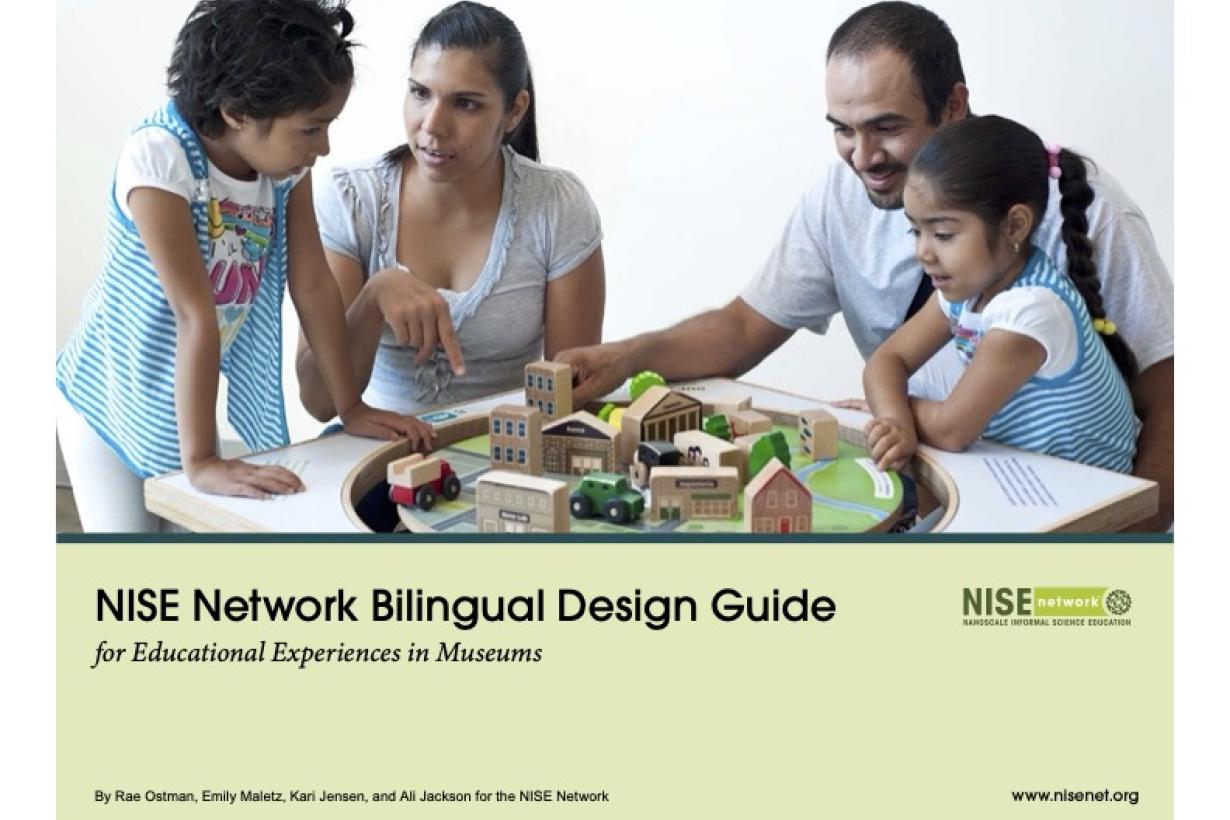
Bilingual Design Guide
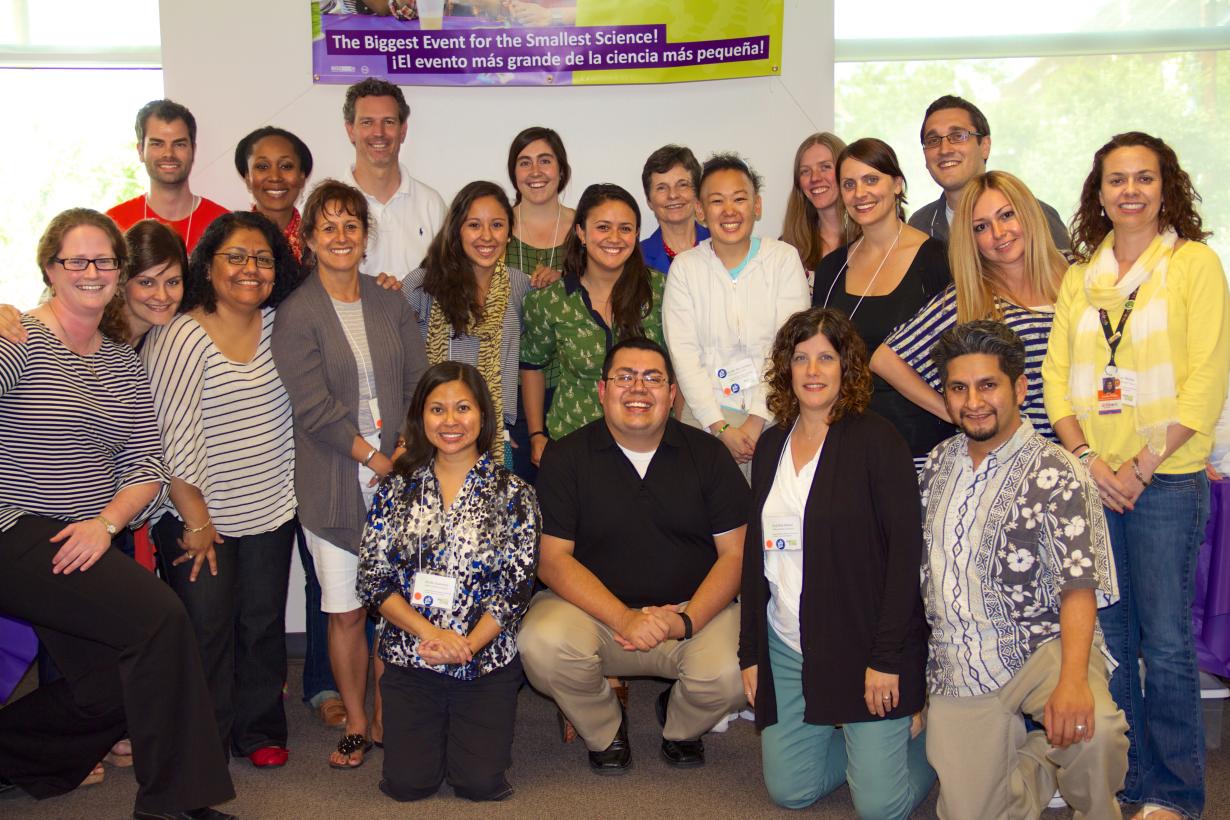
Bilingual Audiences Workshop Resources
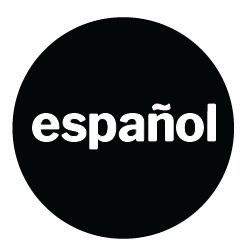
Spanish Language Translations and Bilingual Resources
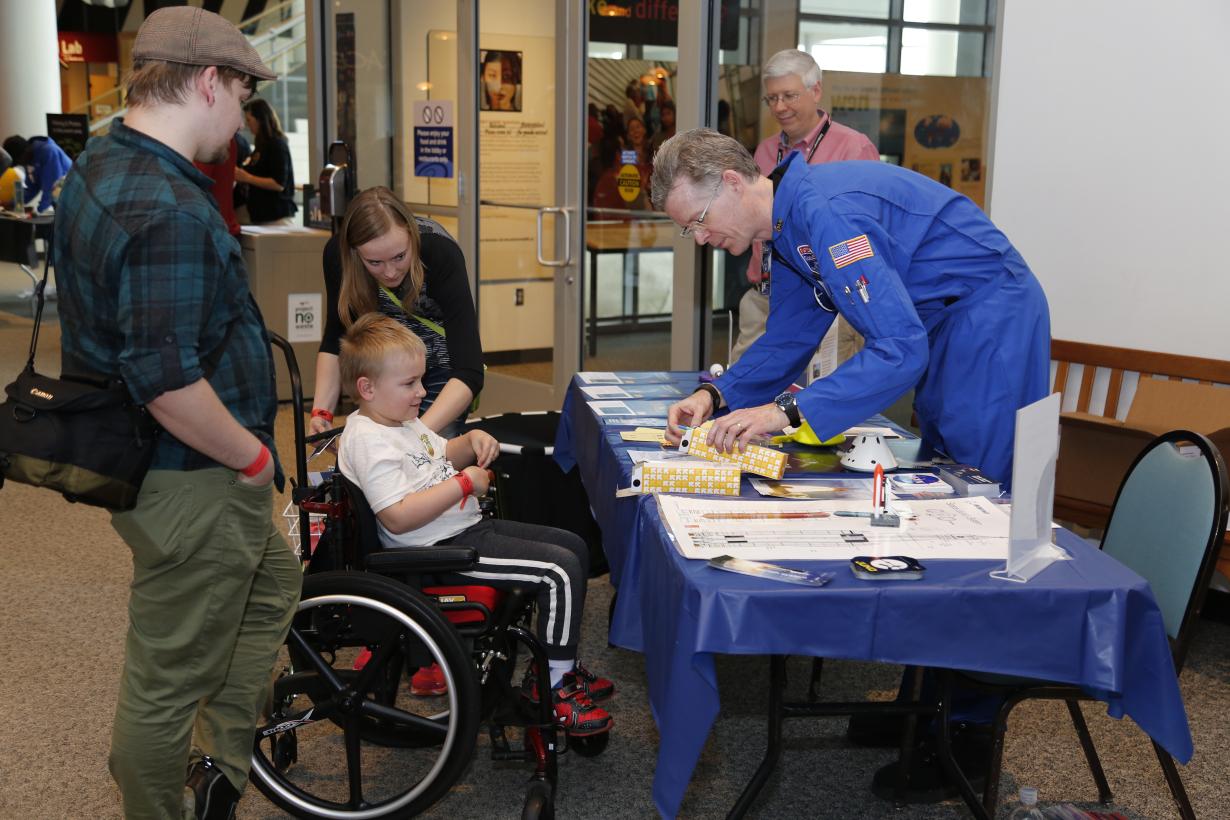
Tips Sheets for Engaging Public Audiences

Making Earth & Space Science More Relevant and Inclusive
Resources for Specific Audiences
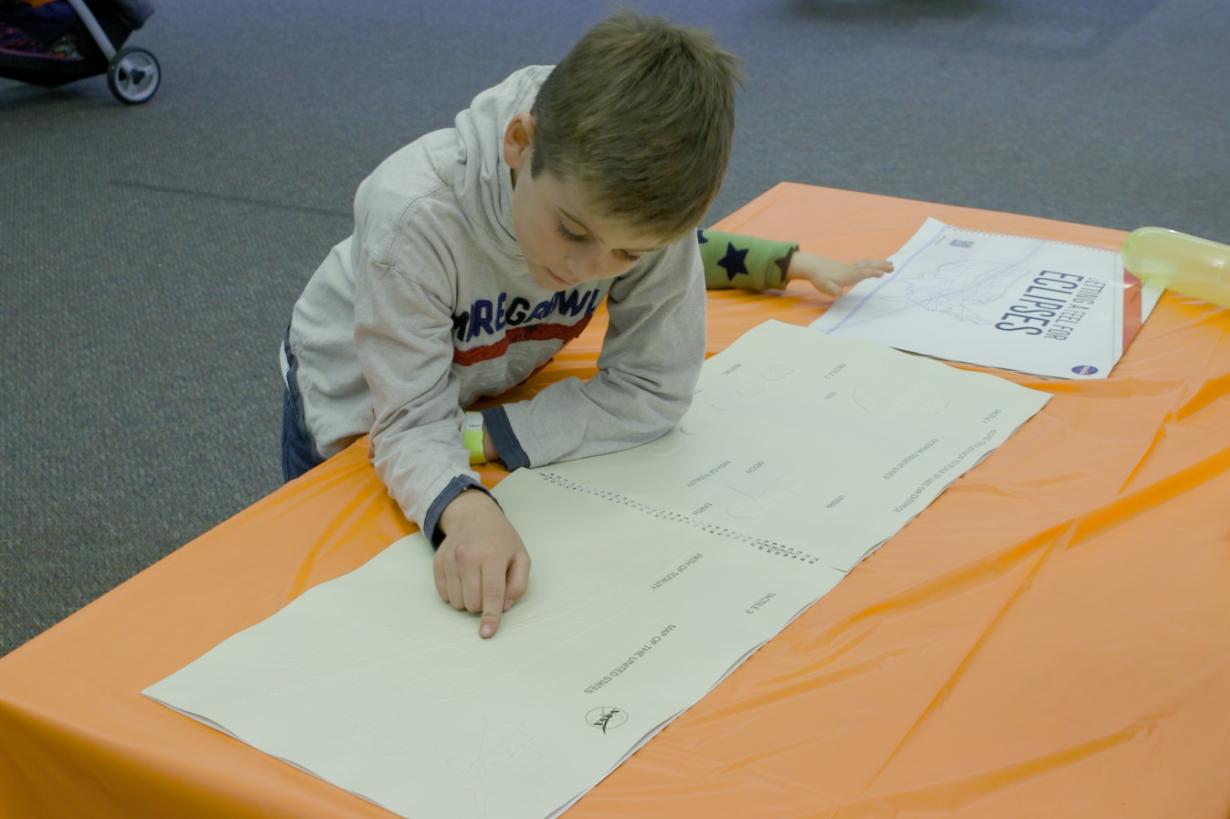
Blind and Low Vision Audiences
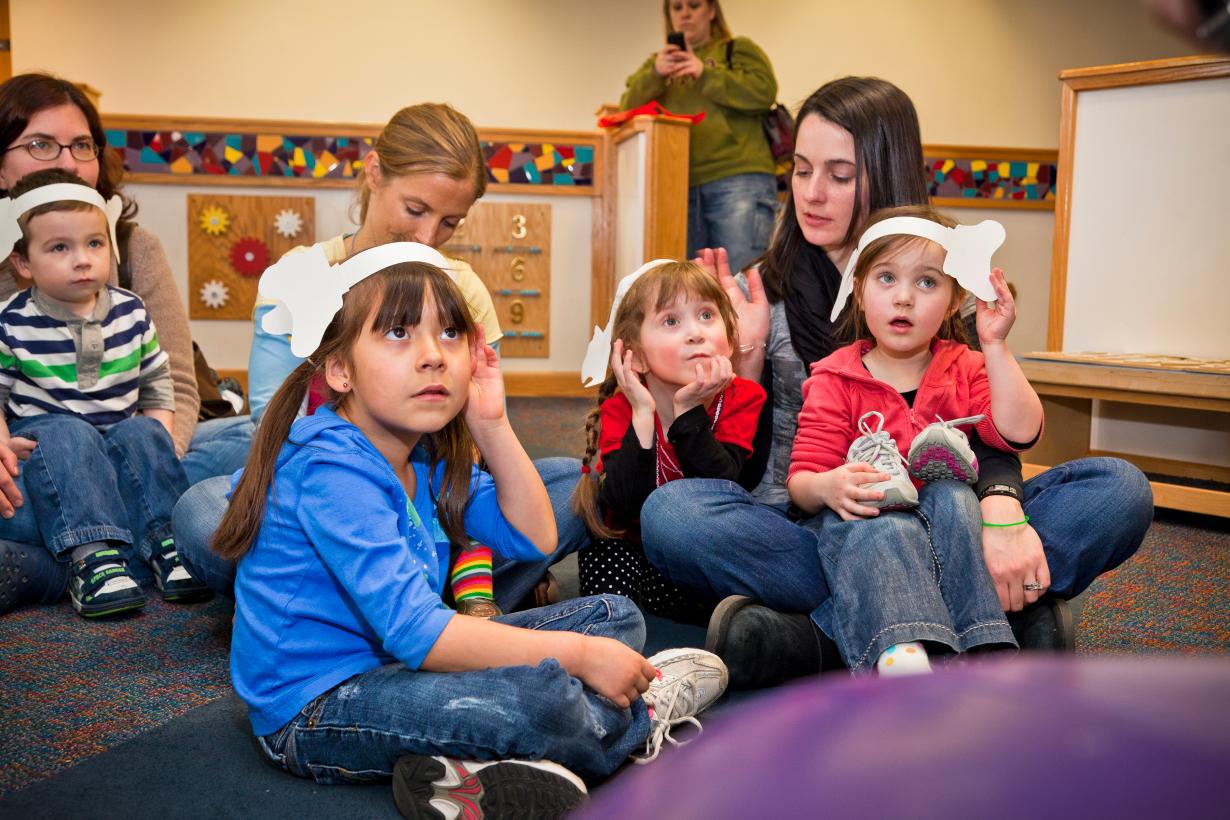
Early Learners
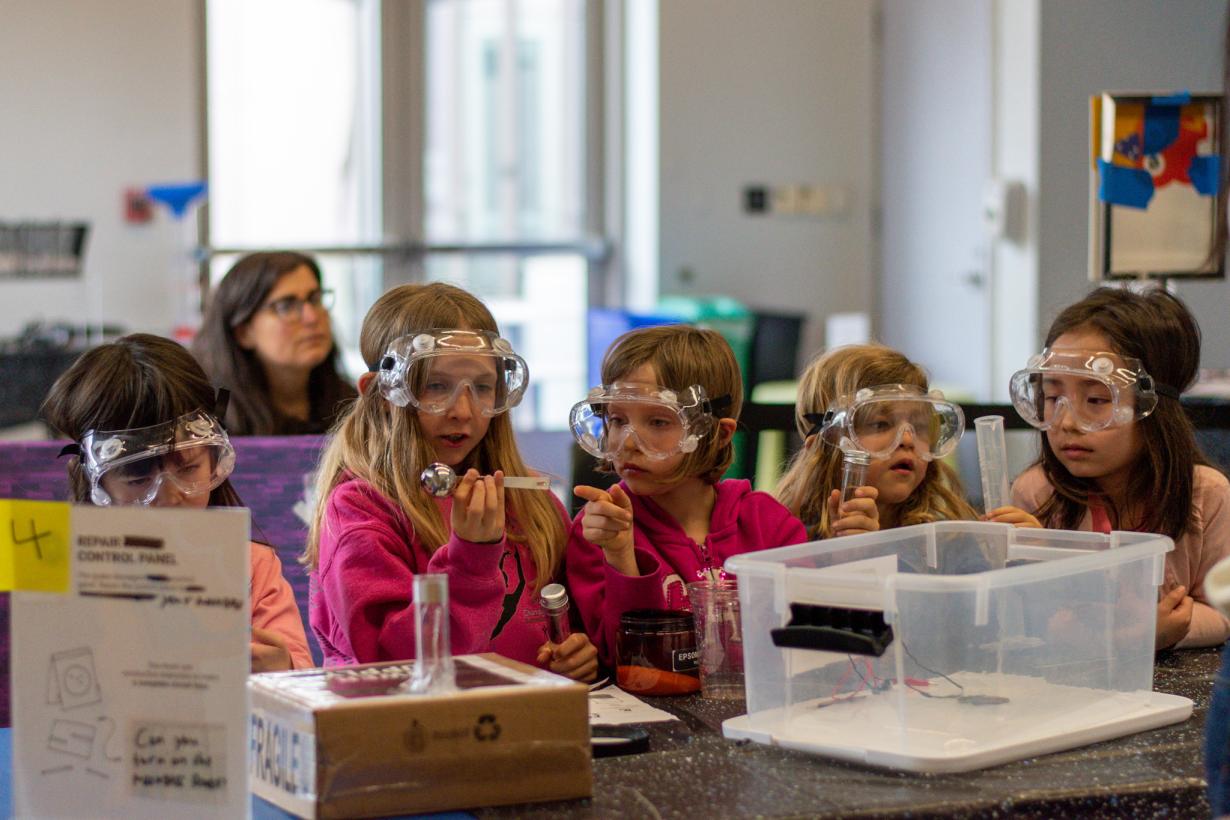
Girls in STEM
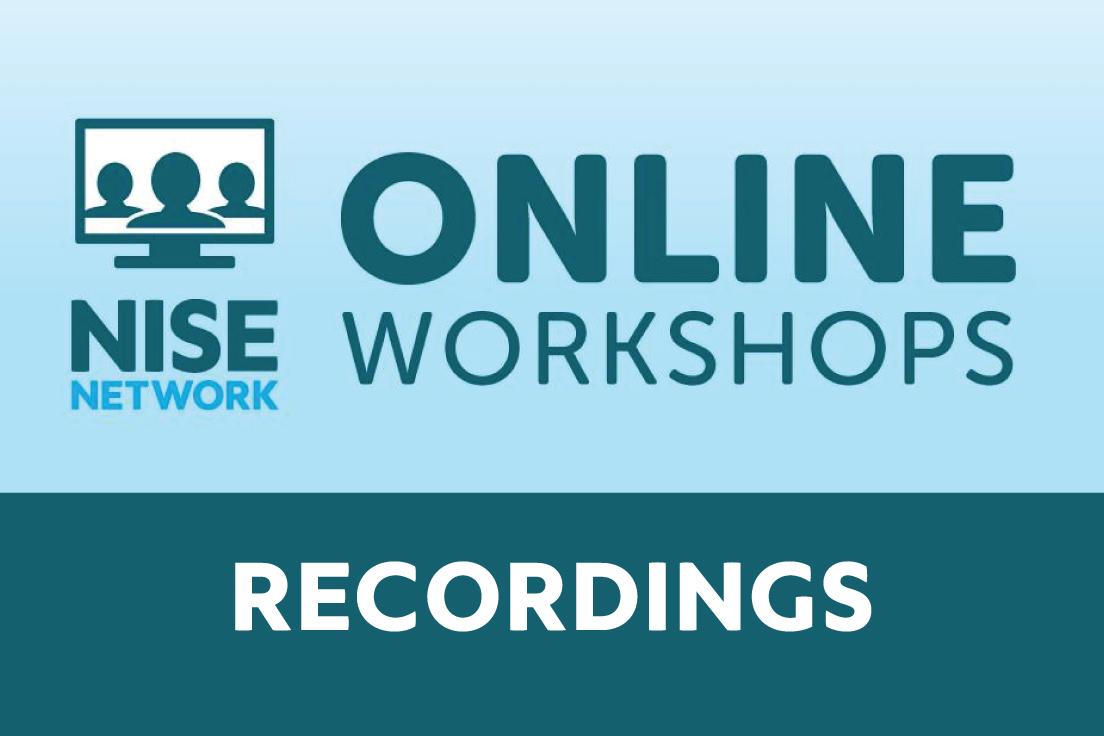
Online Workshop Recording: Nano Brown-Bag: Tips and Tricks for Engaging Girls in Museum Programming
Featured Universal Design Professional Resources
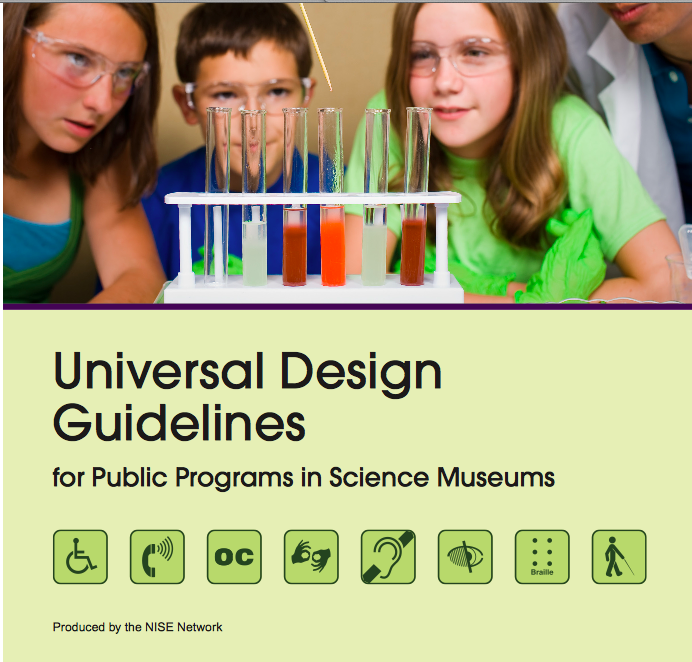
Universal Design Guidelines: Programs guide
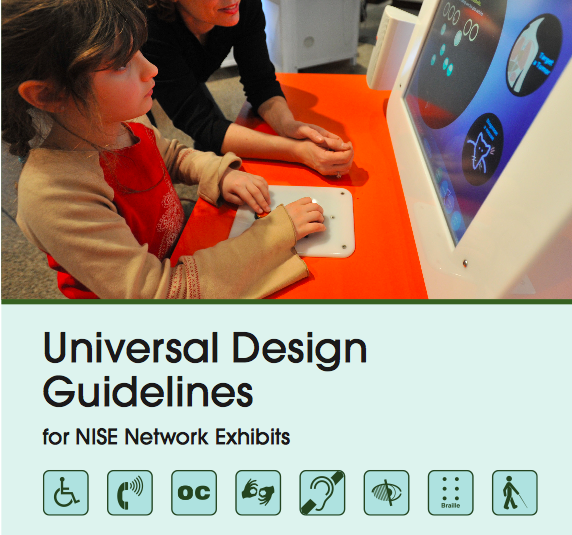
Universal Design Guidelines: Exhibits

Online Workshop: Programming for Audiences with Special Needs

Online Workshop Recording: Nano Brown-Bag: Universal Design of Programs Workshop Follow-Up

Online Workshop Recording: Nano Brown-Bag: Universal Design for Public Programs
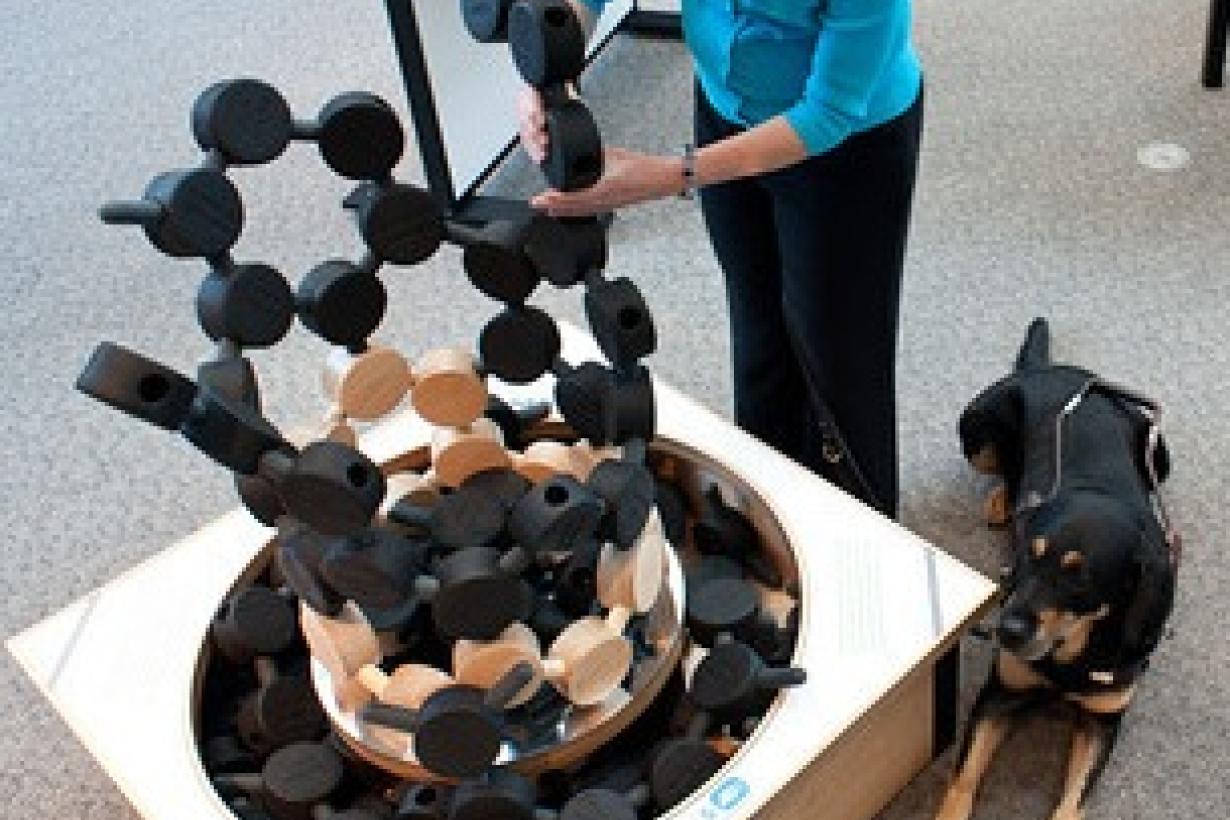
Universal Design of Educational Programs In-Person Workshop Resources
More Universal Design and Accessibility Resources
- Smithsonian accessibility design resources for museum professionals
- National Park Services Harpers Ferry Center accessibility resources
- Architectural Barriers Act (ABA) guidelines for facilities including chapter 7 on signs
- GBH National Center for Accessible Media (NCAM) guidelines and tools
- NASA Space Science Is for Everyone: Creating and Using Accessible Resources in Educational Settings
- American Alliance of Museums (AAM) accessibility communication resources and PDF version
- REVISE Center accessible and inclusive communication best practices
- Tactile books and 3D models for visually impaired audineces
Collaboration to Reach Different Audiences
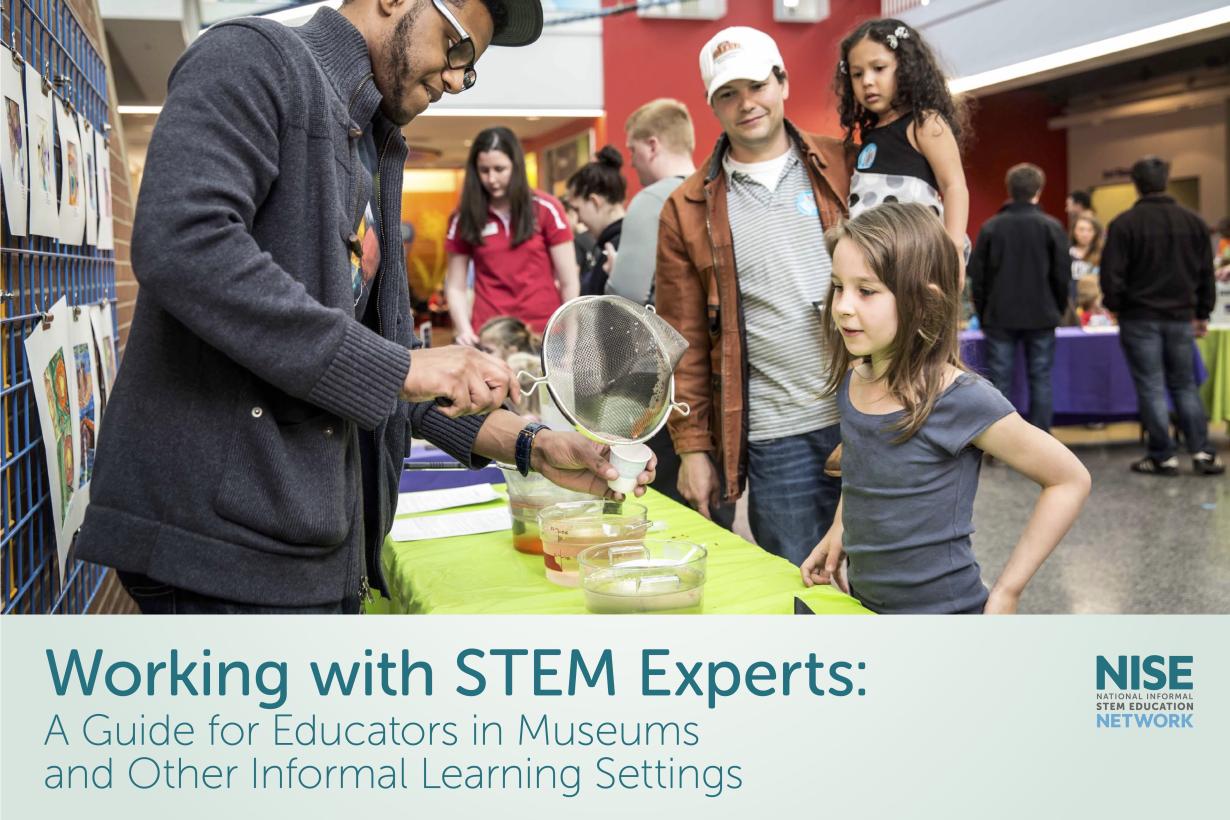
Working with STEM Experts: A Guide for Educators in Museums and Other Informal Learning Settings
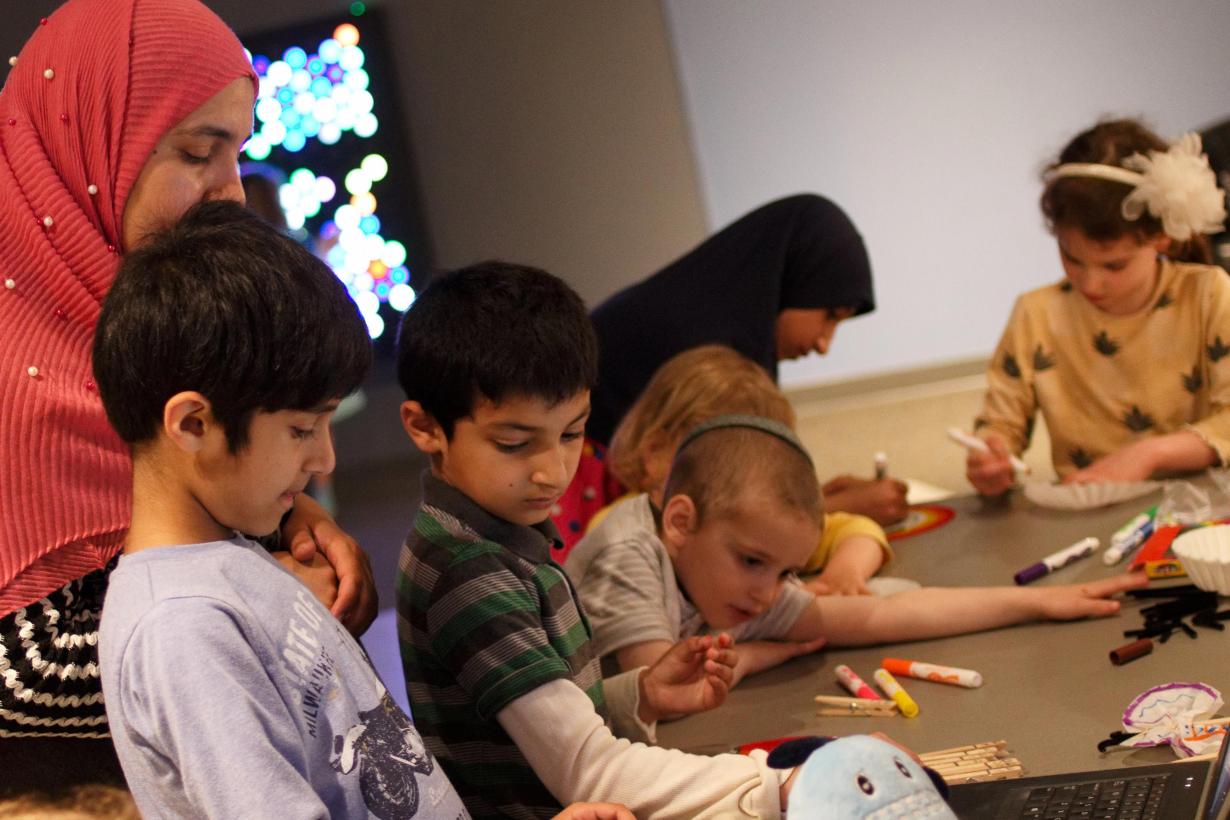
Collaborations
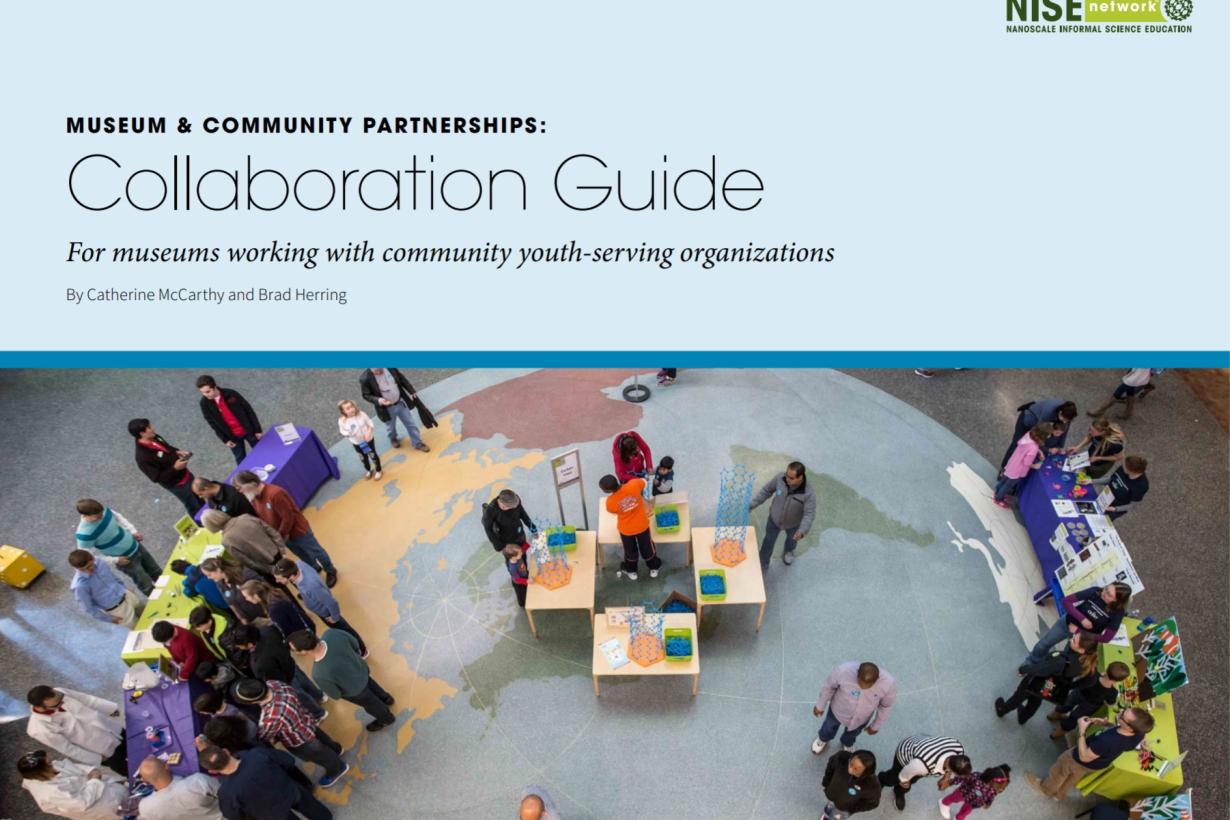
Museum & Community Partnerships: Collaboration Guide and additional resources
